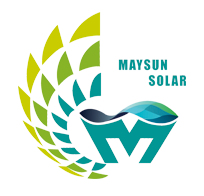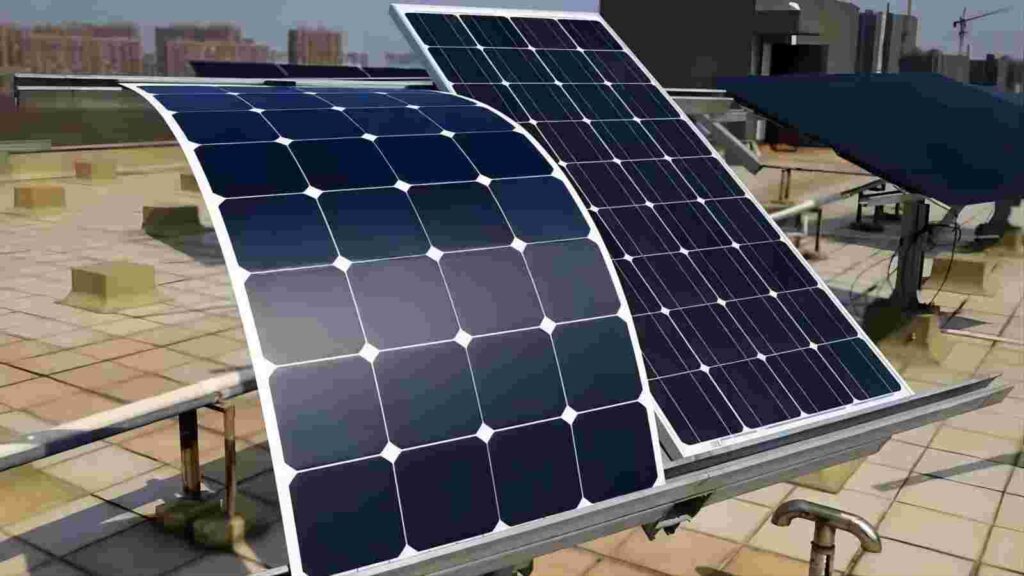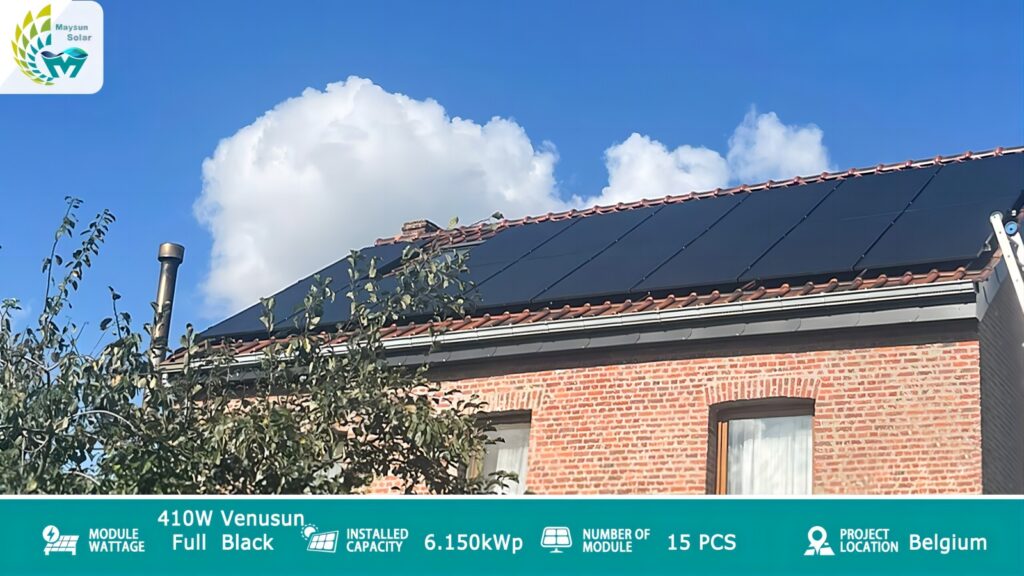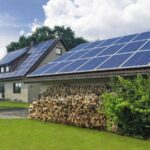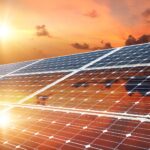What are flexible solar panels?
As solar energy becomes more popular, more and more people are using flexible solar panels instead of the traditional rigid panels.
Flexible or bendable solar panels are an extremely simple method of generating solar power. Flexible solar panels are only one inch thick and weigh only six pounds. Highly efficient flexible solar panels can usually be bent to about 30 degrees, which allows them to be mounted on a boat, RV, van or trailer.
Installation of flexible solar panels is very simple, as most systems are simply glued or taped to a surface using the supplied adhesive. However, the convenience of the system is a drawback, Because the lack of space between the flexible panels and the roof can generate excess heat, affecting the cells, damaging the panels and shortening their lifespan.
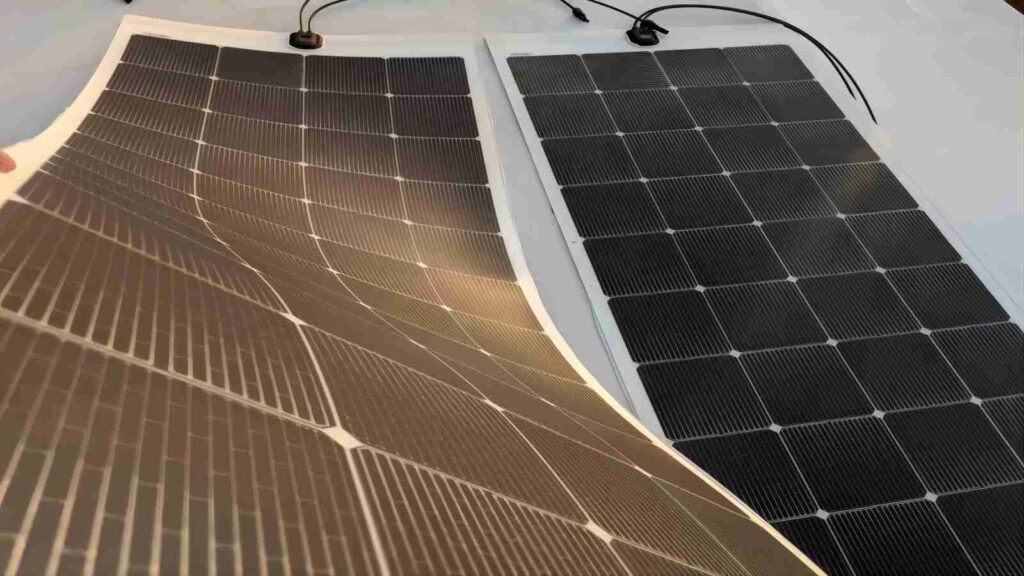
What are the advantages of flexible solar panels?
1. Weight: Flexible solar panels weigh about 20% as much as rigid panels. This means that flexible panels can be attached to structures that cannot support the weight of rigid panels.
Due to its low weight, several flexible solar panels can be installed on the roof of the car, which can improve the energy efficiency of the car.
2. Performance and efficiency: In the past, flexible solar panels were significantly less efficient than rigid panels. Today, you can purchase flexible solar panels that are just as efficient as rigid solar panels.
18% to 22% is the ideal efficiency level. This efficiency level indicates that under ideal conditions, solar panels will convert the same percentage of sunlight obtained in this range into electricity.
3. Flexibility: Depending on the model, flexible solar panels can be bent up to 50 degrees. Installing flexible solar panels is easy because they are lightweight and bendable.
It’s very helpful that you don’t need to install a heavy frame and therefore don’t cause damage during installation.
So, flexible solar panels are a cheap and easy to install source of remote solar energy. If you regularly travel at weekends, whether it’s a boat, van or caravan. Flexible solar panels are simple and easy to install and will be appreciated by anyone who travels on weekends.
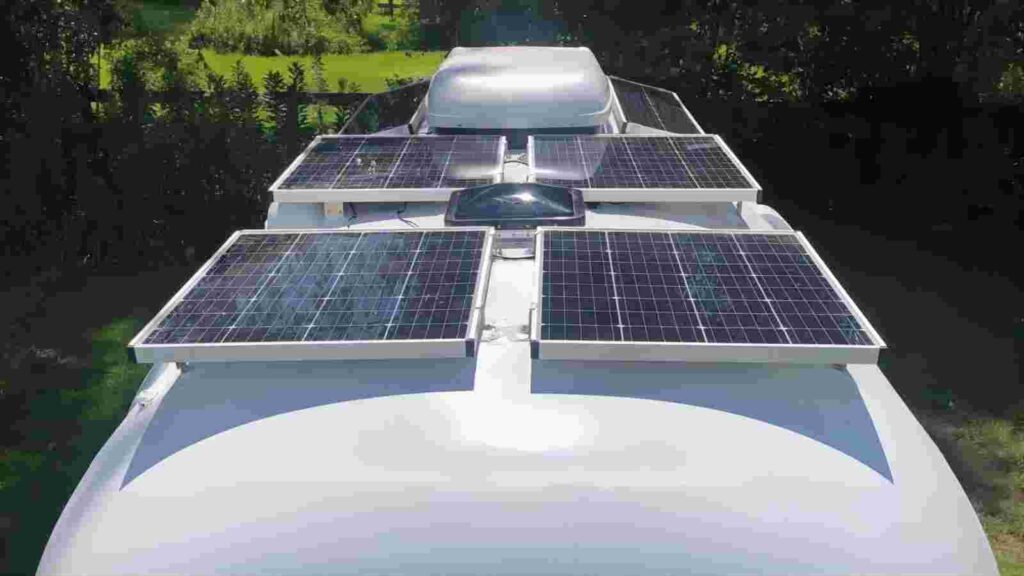
What are rigid solar panels?
Most people think of “traditional” solar panels as rigid solar panels. Most conventional solar panels use photovoltaic (PV) systems, which consist of polycrystalline or monocrystalline solar cells that convert solar energy into electricity. In order to protect the solar cells from scratches and weather changes, traditional rigid solar panels usually consist of an aluminum frame and a glass enclosure.
Most rigid solar panels are mounted in a fixed location, although there are some portable “suitcases” available. Since some home and RV owners are reluctant to drill the necessary holes in their roofs, permanent installations require racking systems. Permanent rigid solar panel systems require more time and money than flexible solar panel systems, but rigid solar panels typically provide a longer lifespan and more energy production.
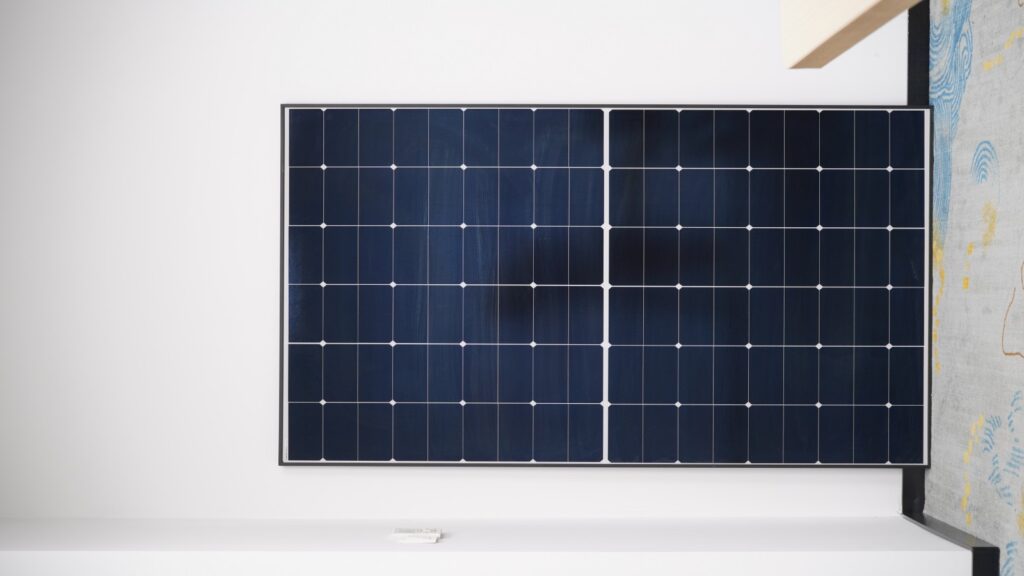
What are the benefit of rigid solar panels?
1. Cost: The cost of rigid solar panels is currently relatively low, their use time is long, and their LCOE energy costs are low.
A typical levelized cost of electricity for a solar photovoltaic system would look like this:
Initial capital cost: $65,000
Tax credit: $12,000
O&M: $6,000
Total cost: $59,000
Average annual electricity production: 62,500kWh
PV equipment warranty period: 30 years
Total electricity production: 1,875,000kWh
LCOE: $59,000 / 1,875,000 = $0.03147/kWh
The profitability of the photovoltaic system depends on the price at which electricity is sold. As long as the electricity price is higher than $0.03147/kWh, the project will be profitable in the next 30 years.
2. Lifespan: The biggest disadvantage of flexible solar panels is their short lifespan.
Rigid solar panels for home solar systems are very strong and come with a 25 to 30 year warranty.
On the other hand, flexible solar panels usually have a one to three year warranty. This short warranty does not mean that the product will last longer. Flexible solar panels are more prone to wear and tear than fixed rigid solar panels.
3. Durability: Rigid panels require professional installation. However, they are a much more durable product. If your area is prone to natural disasters such as storms small hail storms and snowstorms, you don’t have to worry too much about them getting much damage.
Therefore, if you plan on generating and using solar energy on a daily basis, rigid solar panels are usually a better choice than flexible solar panels. While the initial cost may be higher, the longevity and efficiency of a rigid solar panel system makes traditional solar panels the smarter choice.
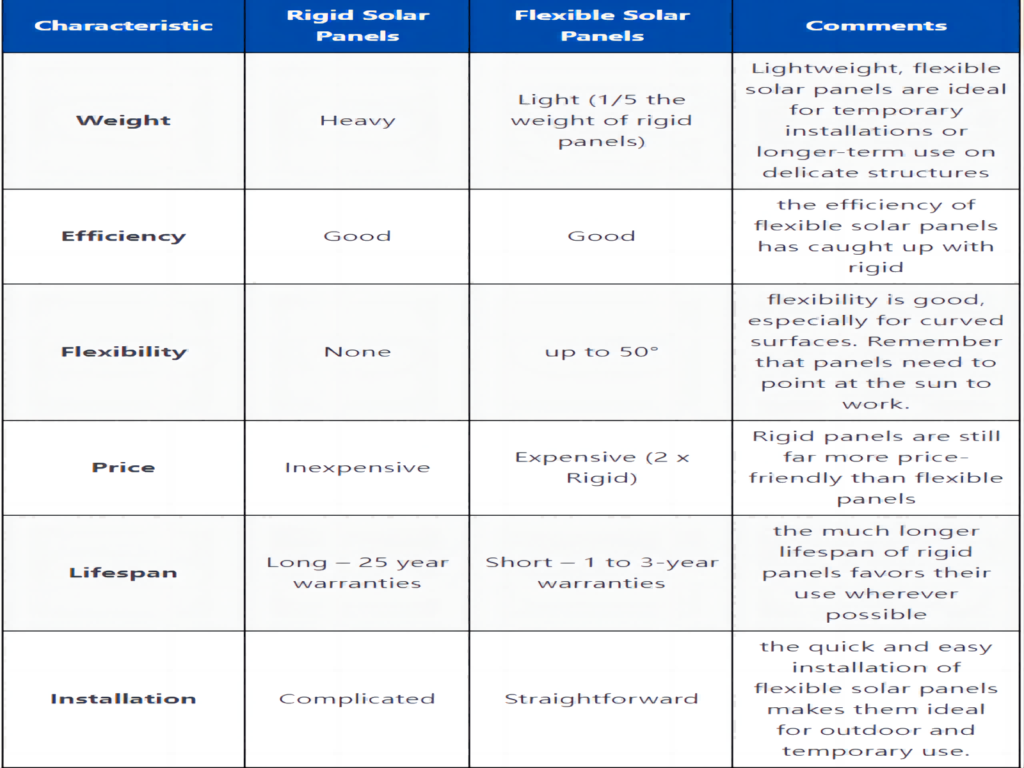
Maysun has long been known for providing the most technologically advanced and cost-effective rigid solar panels. Meisheng solar panels have successfully entered the markets of various European countries, injecting more power and vitality into the energy transformation. This important development marks Maysun’s provision of efficient and reliable solar products to European countries.
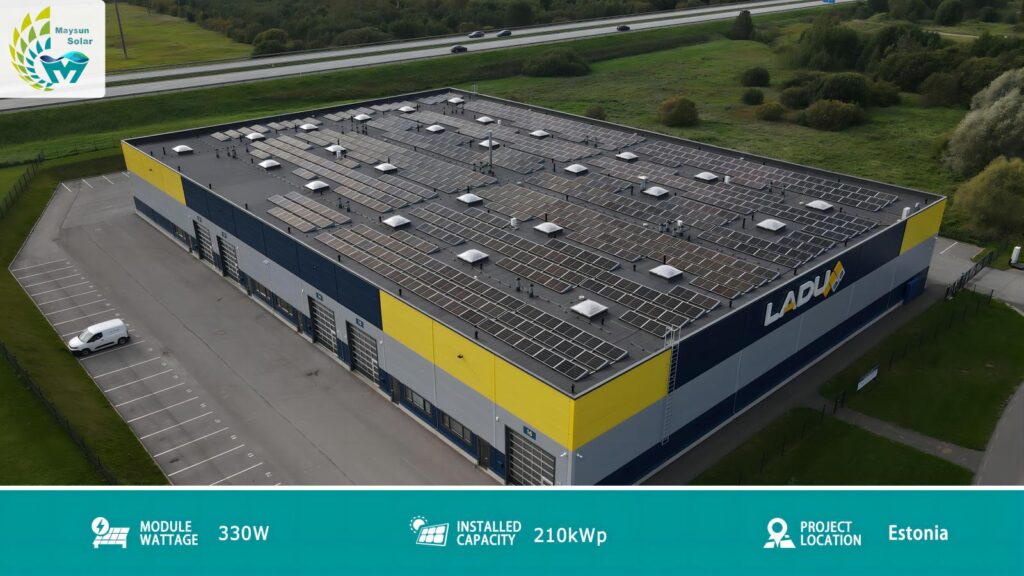
Maysun’s solar panels includes various specifications and sizes to meet the needs of different customers. Whether for home installations or industrial applications, Maysun provides highly customized solutions to ensure customers can maximize the use of solar resources and achieve significant savings in energy consumption.
Reference:
Admin, S. and Admin, S. (2020) ‘Flexible Solar Panels vs Rigid Solar Panels: Which Ones Better?
Wilson, C. (2022) Everything you should know about flexible solar panels when caravanning.
Batteries, B.B. (2023) ‘The Pros and Cons of Flexible Solar Panels vs. Rigid,’ Battle Born Batteries
Staff, L. of L.U. (2023) How to choose flexible solar panels.
Cummings, S. (2023) ‘Flexible Solar Panels vs Rigid: Pros, Cons & Differences,’ House Grail
Staff, L. of L.U. (2023a) Flexible vs Rigid Solar Panels: Which is Better for You?
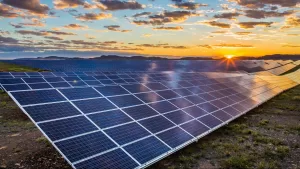
New Photovoltaic news you should know about (March 2024)
Table of Contents REC Unveils a 430 W Heterojunction Solar Module Boasting 22.2% EfficiencyREC, a Singapore-based PV module manufacturer, introduces its residential solar modules featuring Alpha heterojunction cell technology. Production has commenced at REC’s Industry 4.0 fab in Singapore, with initial shipments scheduled
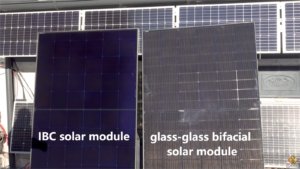
IBC Solar Modules vs. Bifacial Glass-Glass Solar Modules: Which Is More Suitable for Winter or Low-Light Conditions?
Table of Contents Introduction As the demand for renewable energy continues to surge, advancements in solar technology have broadened the spectrum of component choices available to us. Among these, IBC (Interdigitated Back Contact) full black solar modules have garnered special attention due to
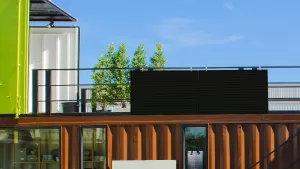
Why Are Lightweight Bifacial Solar Panels the Best Choice for Balcony Solar Power Plants?
Table of Contents In the quest for efficient and eco-friendly home energy solutions, solar photovoltaic technology has emerged as a key player due to its sustainability and clean energy benefits. Particularly in the space-constrained urban settings, the effective conversion of every inch of
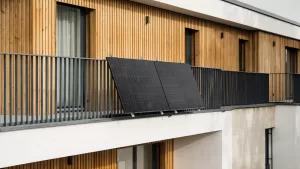
Questions You Might Ask About Balcony Solar Power Plants in 2024
Table of Contents What is a Balcony Solar Power Plant? Similar to a traditional photovoltaic panel, a Balcony Solar Power Plant is a device designed to generate electricity from solar energy. This green energy generator is specifically tailored for self-consumption, but it comes with
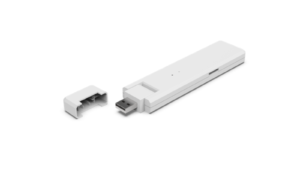
A Step-by-Step DTU Guide for Balcony Solar Power Plants
As renewable energy becomes increasingly integral in our daily lives, Maysun Solar’s Balcony Solar Power Station, with its advanced technology and user-friendly design, represents a transformative approach to home solar solutions. The integration of a Data Transfer Unit (DTU) enhances its smart functionality
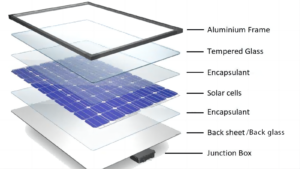
What Are The Main Components of Solar Panels?
What are the main components of solar panel? Solar panels, the cornerstone of solar energy technology, are composed of several integral parts, each contributing to their ability to harness sunlight and convert it into electrical energy. In this article, we will explore the essential
